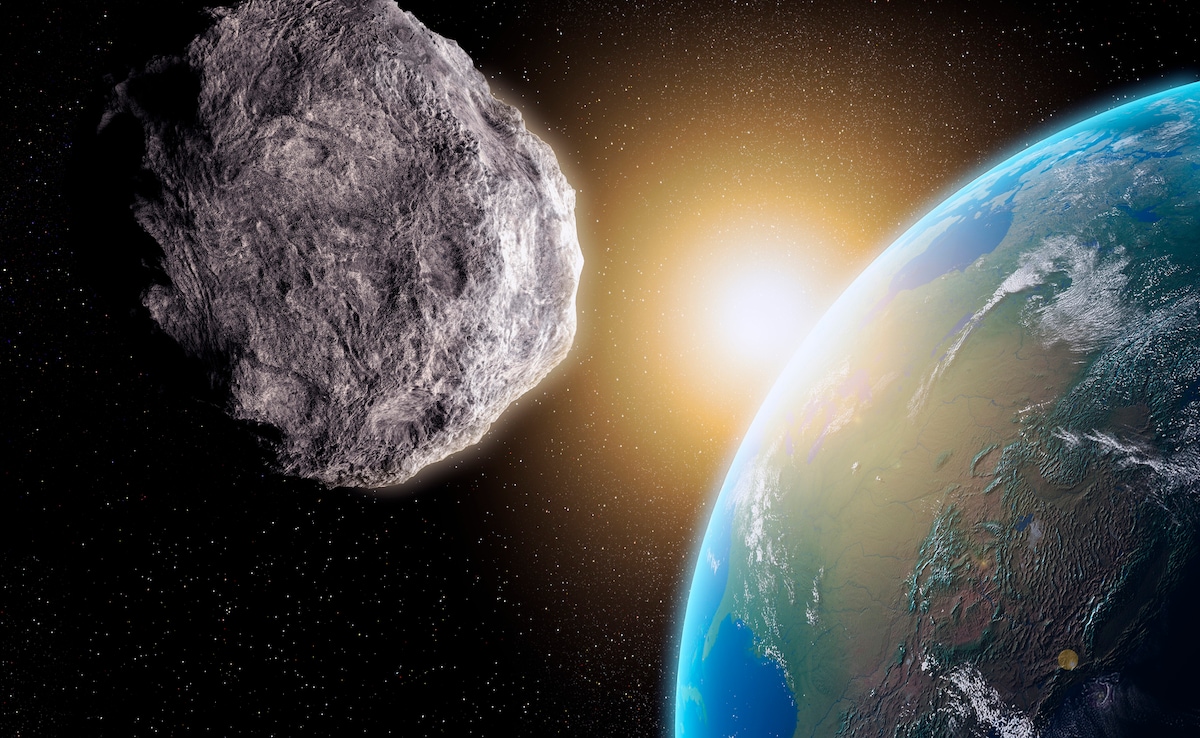NASA is monitoring the trajectory of asteroid NF 2024, a 220-foot (67-meter) space rock hurtling towards Earth at a speed of 45,388 miles per hour (73,055 kilometers per hour). The asteroid is classified as part of the Apollo group, a collection of near-Earth asteroids that orbit the sun.
According to NASA’s Jet Propulsion Laboratory, the closest approach of NF 2024 is expected to occur today, July 17th, at a distance of approximately 3 million miles (4.8 million kilometers) from Earth. This distance is well beyond the range of concern for any potential impact.
Also Read | A NASA Exercise Suggests 72% Chance An Asteroid May Hit Earth On This Day
NASA continuously tracks near-Earth objects (NEOs) and maintains a database of their trajectories. Asteroids larger than 150 meters (492 feet) in diameter and closer than 4.6 million miles (7.4 million kilometers) are considered potentially hazardous asteroids (PHAs). NF 2024 is significantly smaller and does not meet the criteria for a PHA.
In addition to NF 2024, NASA reported that four other asteroids will make close approaches to Earth in the coming days. Asteroids BY15, NJ3, and MG1 are all expected to pass by safely at distances ranging from 2.64 million miles to 3.85 million miles (4.25 million kilometers to 6.2 million kilometers).
As part of its ongoing efforts to study and mitigate potential asteroid threats, NASA is developing asteroid deflection technologies. The Double Asteroid Redirection Test (DART) mission is designed to test the feasibility of using a kinetic impactor spacecraft to alter the course of an asteroid in space.














